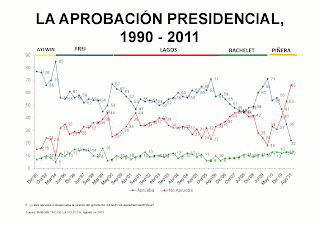Ten years ago this morning I was in my office preparing for my Intro to Comparative Politics course. It was a really nice morning, clear and blue, very similar to today. In all classes, I spend a few minutes at the beginning getting students to discuss current events and to link them to the concepts and hypotheses they're learning. The first indication that something was wrong came when suddenly I could not open the New York Times, CNN, or any other major news site. I could go to non-news websites so it clearly was not a network problem, but those wouldn't load. Very shortly thereafter, my next door office neighbor at the time, Marc Wallace, knocked on my door and asked if I had heard the news (I don't know if I've ever told Marc that he pops into my head whenever I look back at 9/11). There had been some major attack on New York City. Initially that was all I knew. Eventually, CNN stripped down its website and just had a few basic links to news.
I went out to the department's work room, where someone was getting a TV set up and a group of us watched the images rather numbly, shaking our heads in shock as we saw and learned more. I went to class, where I could offer few details, but I moved up my planned lecture on terrorism to see if that would help students (not to mention me) make a little more sense of things. I talked about different ways (and how difficult it is) to define terrorism, why it is used, contemporary examples (though at that time I knew virtually nothing about Al Qaeda) and what the U.S. response might be. Much of it was extemporaneous so I can't remember 10 years later whether I pointed anyone in the right direction. I had other classes to teach later (where the attacks were all we talked about no matter what lecture I had planned) so during the day there was not much time to digest it.
I thought a lot about how only two days prior, my pregnant wife and I had left DC after the Latin American Studies Association meetings. Of course, like everyone else I was looking at the national and international implications, but especially in the context of terrorism I thought about how people can die simply by being in the wrong place at the wrong time. Every year on 9/11, there are all sorts of articles about how the U.S. has changed, the long-term foreign policy shifts, permanent war, attacks on civil liberties, etc. but I keep coming back to the person who was glad they caught their flight and sits down with their coffee, to the fire fighter who thought this fire could be extinguished, to the people who received last phone calls, and to the people who felt their plane's nose turn and go straight to the Pennsylvania earth. And I thought (and still think) about how they were no different from me.
Read more...






